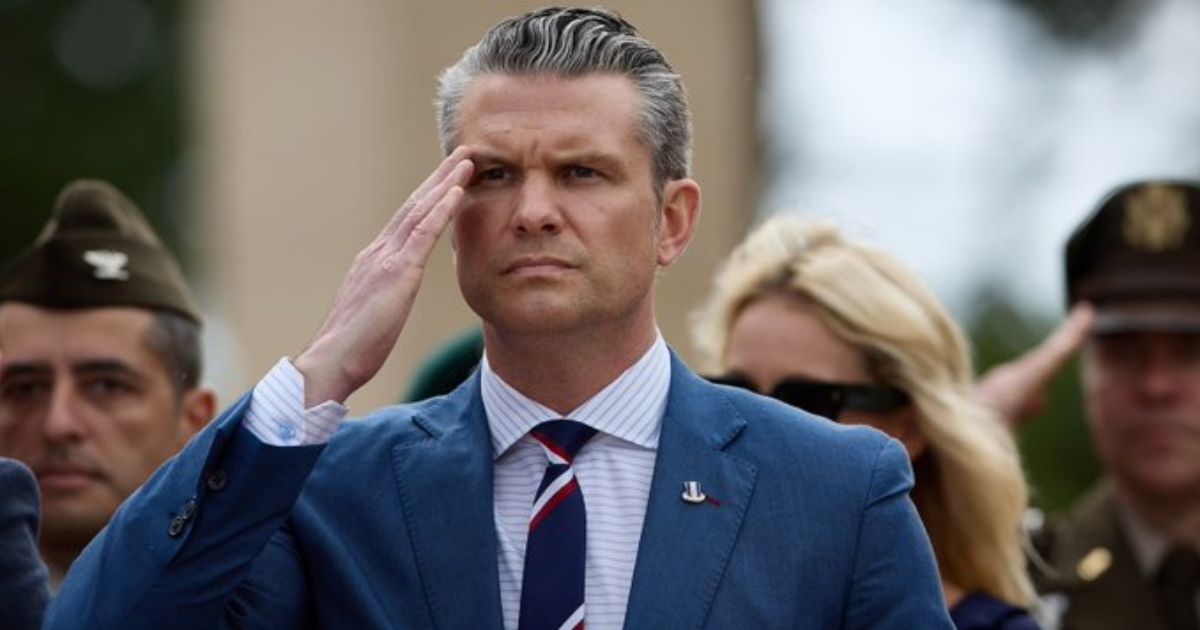Defense Secretary Pete Hegseth set off a political firestorm after telling reporters the U.S. has “absolute and complete authority” to kill suspected drug smugglers, remarks delivered while defending a lethal U.S. military strike on a small boat in international waters that left 11 people dead. The Pentagon says the targets were “narcoterrorists” tied to Venezuela’s Tren de Aragua gang; critics are now asking where the law and the evidence actually are.
On Tuesday, President Donald Trump announced the operation on Truth Social, boasting that U.S. forces carried out a “kinetic strike” in the U.S. Southern Command area of responsibility and killed “11 terrorists.” No American forces were harmed, he wrote, warning others to “BEWARE!” The administration has not released the underlying intelligence, the strike video remains controversial, and Caracas is calling foul.
“I’d say we smoked a drug boat and there’s 11 narco-terrorists at the bottom of the ocean — and when other people try to do that, they’re gonna meet the same fate.”
Pete Hegseth said the U.S. military had the “absolute” authority to strike a Venezuelan boat carrying nearly a… pic.twitter.com/pK4cdv85wu
— Fox News (@FoxNews) September 5, 2025
Hegseth isn’t blinking. Asked Thursday what legal basis the Pentagon relied on for an airstrike at sea, he replied, “We have the absolute authority and complete authority to conduct that,” adding that the deaths were justified “in defense of the American people,” given drug fatalities in recent years. He also delivered the bluntest version of events yet: “I’d say we smoked a drug boat, and there’s 11 narcoterrorists at the bottom of the ocean,” vowing anyone who tries it again will “meet the same fate.”
The secretary doubled down on Fox & Friends, insisting U.S. officials “knew exactly who was in that boat,” what they were doing, and “who they represented” Tren de Aragua while portraying the strike as a “new day” in U.S. counternarcotics policy. But he declined to reveal how the Pentagon identified the targets or linked them to the Venezuelan gang.
🚨 BREAKING: President Trump just released the video of the U.S. military STRIKING a drug boat from Venezuela heading to America carrying ELEVEN Tren de Aragua narcoterrorists, who were kiIIed in the strike
TRUMP: “Earlier this morning, on my Orders, U.S. Military Forces… pic.twitter.com/axQAWxjJhm
— Nick Sortor (@nicksortor) September 2, 2025
Supporters argue the administration has widened its toolkit by labeling cartels and gangs as terrorists. In February, the State Department formally designated Tren de Aragua a Foreign Terrorist Organization, a move that tightened sanctions and, the administration claims, opened the door for more aggressive action. The Treasury has since imposed additional sanctions on the group’s leadership and alleged facilitators.
But the legal waters are choppy. National-security lawyers say there’s no clear domestic or international authority for summary, lethal force against suspected smugglers absent an imminent threat, especially outside an armed conflict and far from U.S. territory. The strike, they note, bypassed the Coast Guard’s standard interdict-and-board playbook and skipped congressional authorization. Analysts warn it could set a precedent that other countries might copy.
“The United States has long, for many, many years, established intelligence that allow us to interdict and stop drug boats, and we did that and it doesn’t work … what will stop them is when you blow them up, when you get rid of them.” – @SecRubio pic.twitter.com/gUNVJQct3P
— Department of State (@StateDept) September 3, 2025
Geopolitically, the move is already inflaming the region. The administration has surged assets to the Caribbean and signaled there’s more coming. At the same time, Venezuela has blasted the strike as an “illegal massacre,” even suggesting the footage is AI-generated, a claim the U.S. rejects. Either way, Washington is telegraphing that interdiction is out and destruction is in.
Hegseth’s chest-thumping “absolute authority” line may play as tough-on-crime bravado, but it drags the U.S. into a murky legal fight over targeted killings at sea, one that’s only beginning as the administration promises more strikes ahead.









